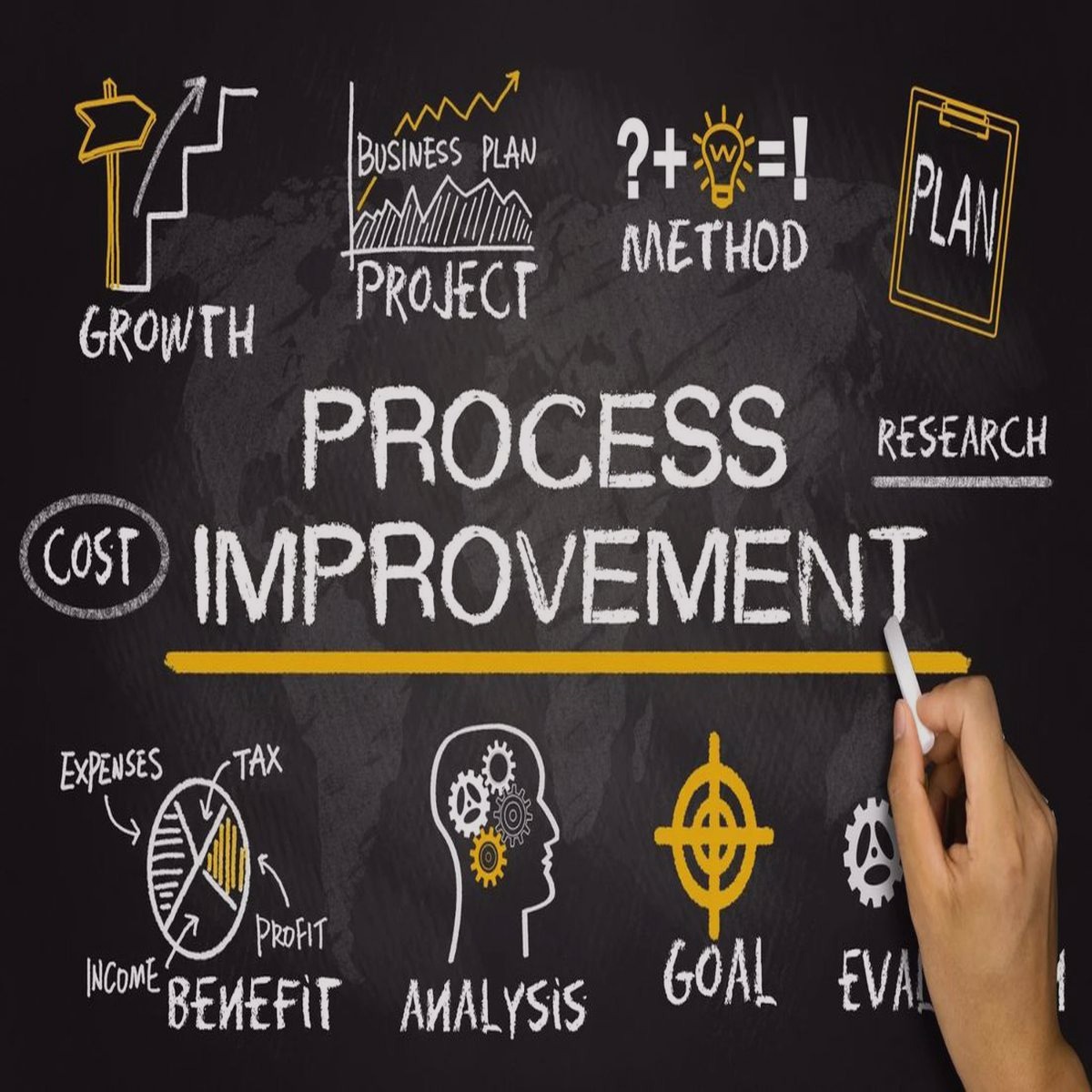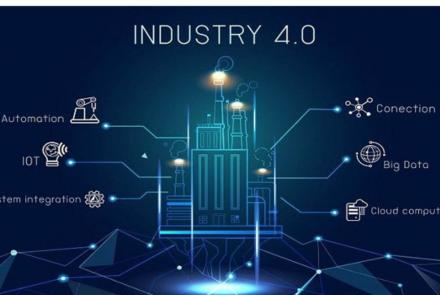Importance of Process Improvement and ERP
Your business processes are the basic building blocks of your business and your ERP (Enterprise Resource Planning) system.
However, the companies tend to concentrate on the features and enhancements of ERP systems rather than processes.
Optimizing your processes will provide a clear roadmap to help identify your requirements before embarking on ERP.
Most ERP systems allow you to organize your existing processes. It also helps you to create efficiency and communicate your data more effectively. However, it cannot correct a faulty or inefficient process for you.
ERP systems store your data and are the best decision-making tool.
The efficiency, quality and flexibility of your ERP capabilities provide you determine not only your costs but also the way you compete in the market. Since these details are also part of your business process map, they must be synchronized together. Otherwise, your cost cannot be kept under control and will increase.
You can only protect your costs if you can control all your internal costs. You can reduce your costs with your continuous process improvement efforts.
The process map helps you gain insight by associating your employees and departments with tasks and activities and provides a visual tool to equip senior managers with a clear vision of inefficiencies within the organization.
Are your employees heading in the right direction? Is an effective business process right in place? You can easily control and observe such conditions. When you define the success criteria of the process and guide your employees, the performance in your organization will increase and, daily "attacks" will gradually decrease.
Developing your process also improves the service you provide to customers. Robust processes will help you productively structure your company and increase your flexibility.
Therefore, continuous process improvement should be a core strategy of your company. Furthermore, it should be a journey, not a destination.
At this point, the concepts of "change management" and "standardization" come into play.
It is easier to improve processes in organizations that are open to a culture of change. However, in organizations that have not yet formed a corporate culture, it will take time to adapt for improvement studies to become a habit for employees.
If your processes become a part of your daily conversations at all levels; You boost a continuous improvement environment where the process can be monitored, reviewed and updated.
"According to a research, uncertain and inefficient systems can result in losses of up to one-third of a business's revenue."
Good Luck...







